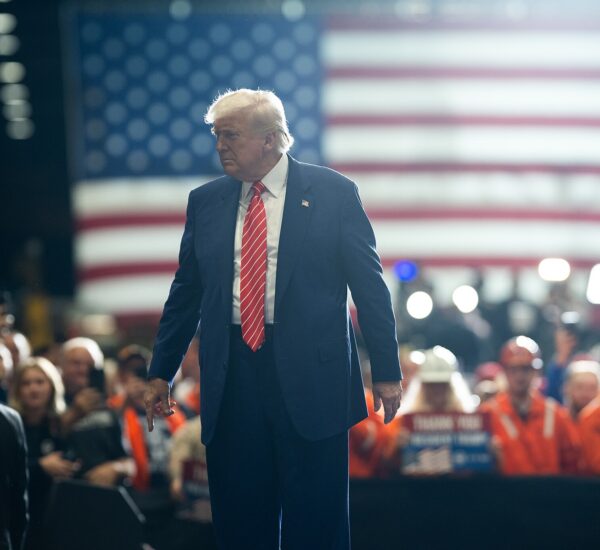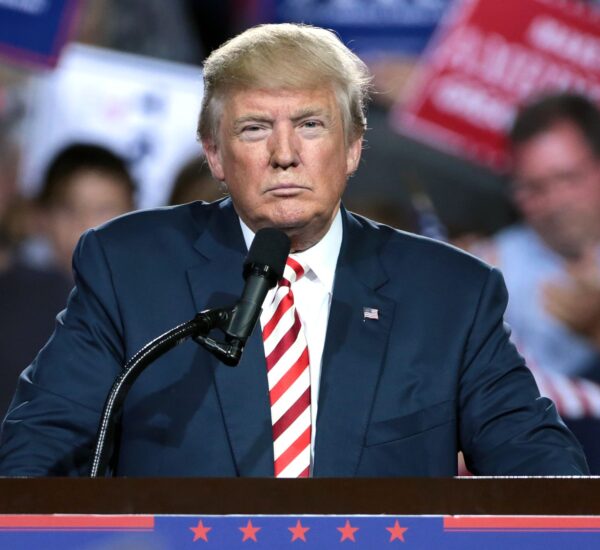Biden Team Calls Out Kamala
Meghan Hays, a former director of message planning at the White House under President Biden, recently criticized the Harris-Walz campaign for attempting to shift blame onto the media for its struggles in the presidential race. Hays, who served from January 2021 until August 2022, responded to comments made by Jen O’Malley Dillon, the campaign chair for Vice President Kamala Harris, during an appearance on the “Pod Save America” podcast.
O’Malley Dillon pushed back against reports that Harris was hesitant to do interviews early in her campaign, calling the narrative “completely bulls‑‑‑.” She claimed that when Harris did sit down with journalists, the questions were too focused on process and irrelevant details rather than policy. Senior adviser Stephanie Cutter, who was also on the podcast, agreed, dismissing the questions as “dumb.”
However, Hays offered a different perspective during a recent appearance on Fox News. She argued that the media’s criticism of Harris’ reluctance to engage with the press wasn’t without cause. “She didn’t do an interview for the first 30-some days,” Hays pointed out. “The media had no choice but to latch onto that, and when she did finally agree to interviews, the focus shifted to why she hadn’t done more earlier.” According to Hays, the campaign missed an opportunity to craft a more strategic media approach, particularly with local media, and could have used interviews to better connect with voters.
O’Malley Dillon, while defending the campaign’s media strategy, acknowledged that the way campaigns are covered needs to be reevaluated. She suggested that the media’s failure to focus on substantive policy discussions was detrimental to voters who were trying to make informed decisions. However, she stopped short of fully blaming the media, admitting that the campaign’s challenges were not entirely due to external factors.
Hays cautioned against the campaign’s focus on “playing the blame game.” “I understand they’re in a tough spot,” she said, acknowledging the temptation to find a scapegoat for the loss. But she emphasized that blaming the media wouldn’t solve the deeper issues the campaign faced. One of those issues, according to Cutter, was Harris’s inability to distance herself from President Biden. Cutter revealed that, out of loyalty to the president, Harris was hesitant to publicly criticize Biden, which ultimately hurt her campaign, especially as voters viewed her as just a continuation of the Biden administration—a factor that proved fatal in key swing states, where the economy and immigration were top concerns.
Exit polls confirmed that Harris’s support among voters who prioritized the economy and immigration was weak. This was a major blow to the campaign, as these were the very issues that dominated voters’ concerns in the lead-up to the election. While Harris and her team might try to deflect blame, the reality is that their failure to present a distinct vision, combined with a misjudged media strategy, left them vulnerable to a political landscape eager for change.





